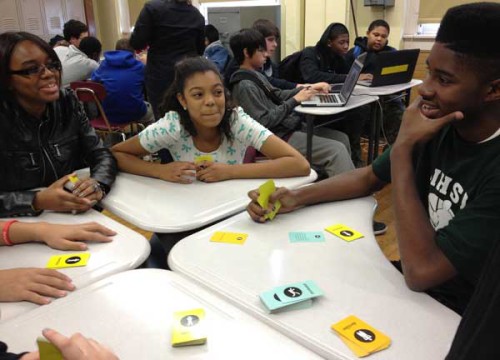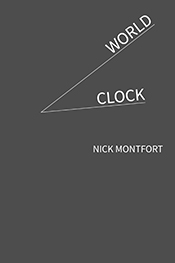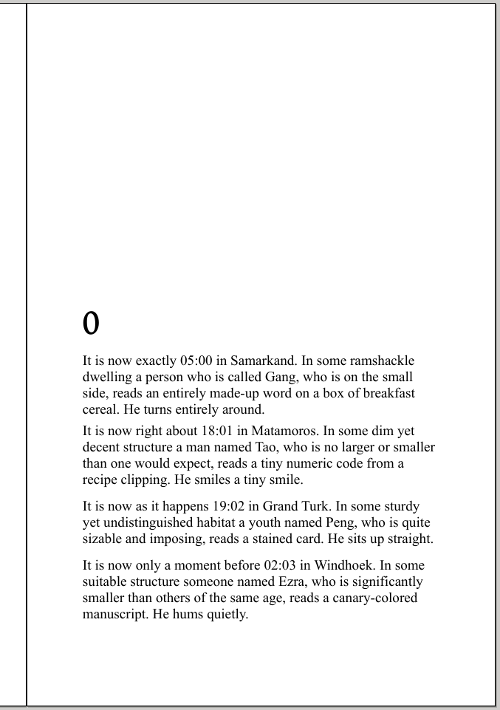Playtests Galore!
Earlier this month the Tiltfactor team headed down to New York to play new game prototypes and our classic hits with high school students on Staten Island. Professor Flanagan gave students insight into the process of designing games, and then they got a chance to try them out! As you can see below, the testers loved Awkward Moment (as always).

The students also enjoyed Microbes, a fast and furious card game designed to encourage players to wash their hands. They shared their thoughts about the game, which will help our design team improve the game play experience and our researchers make the game as effective as possible!




